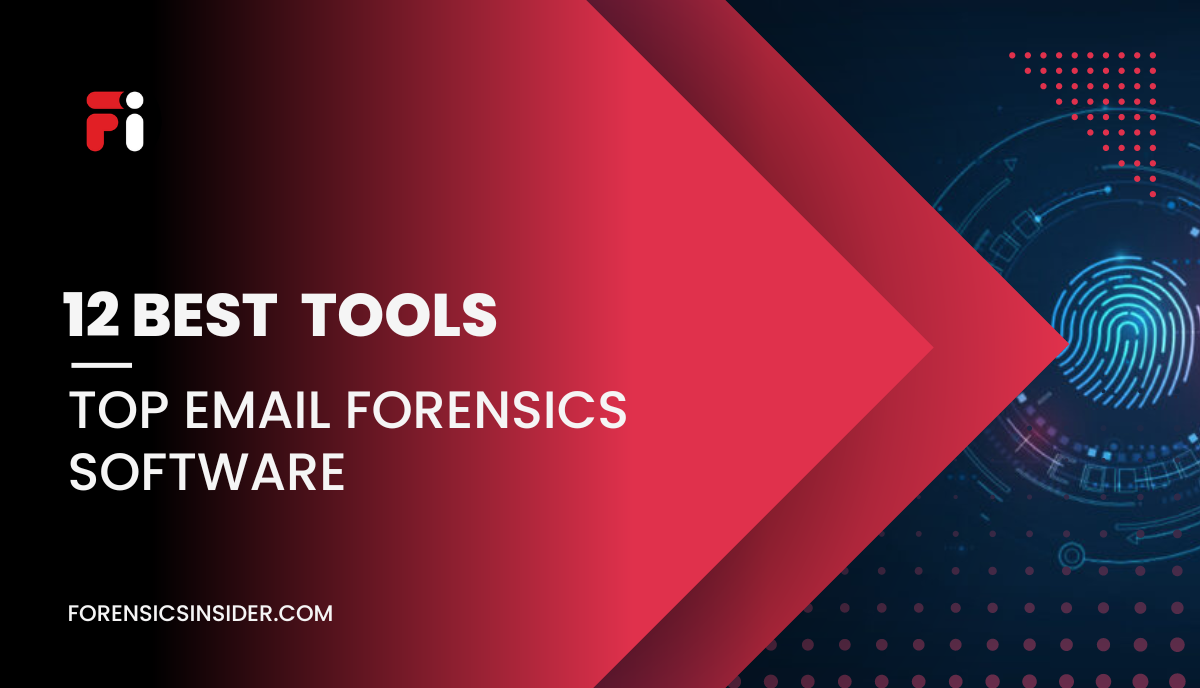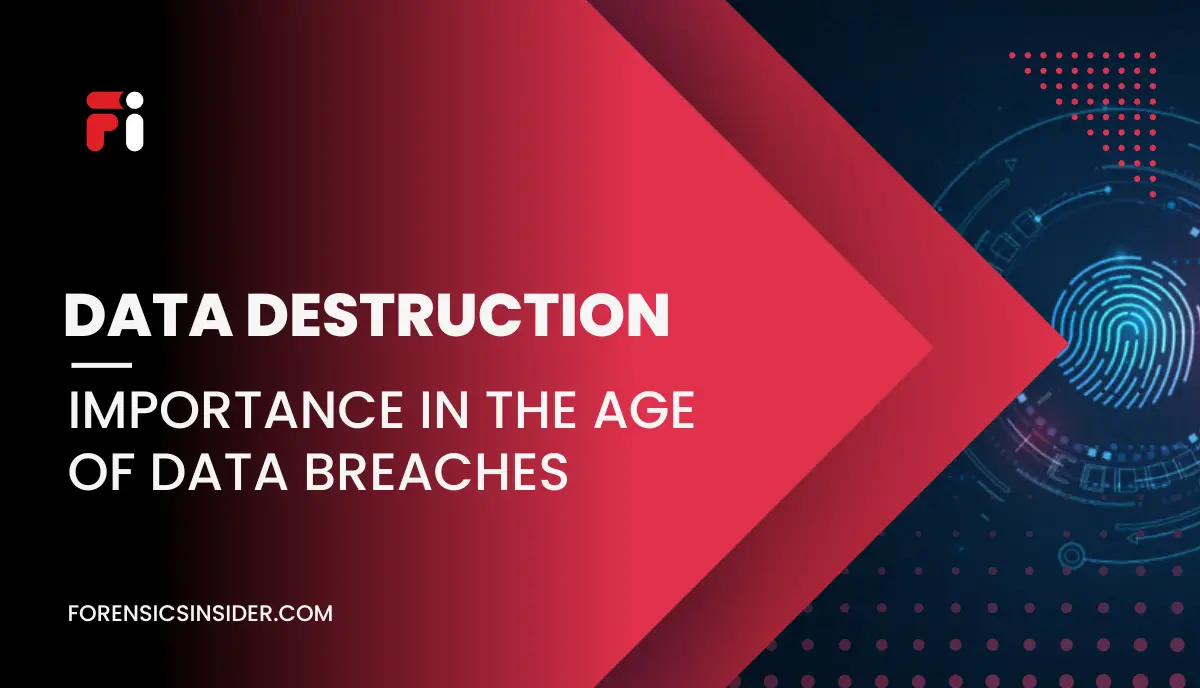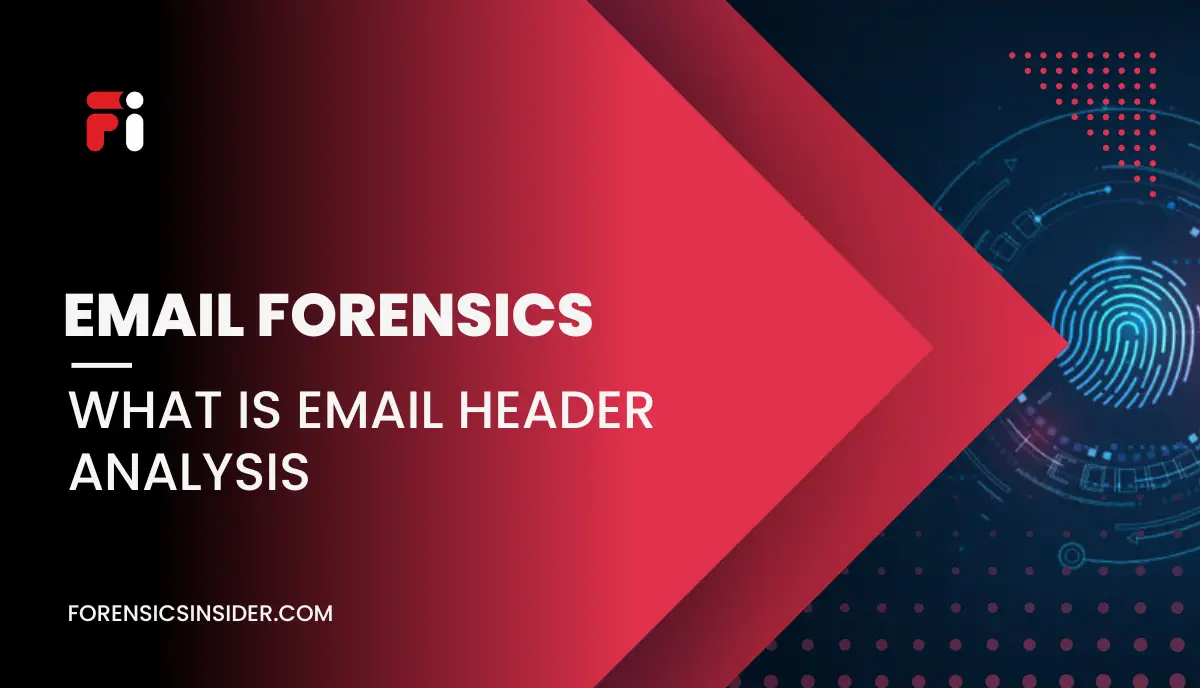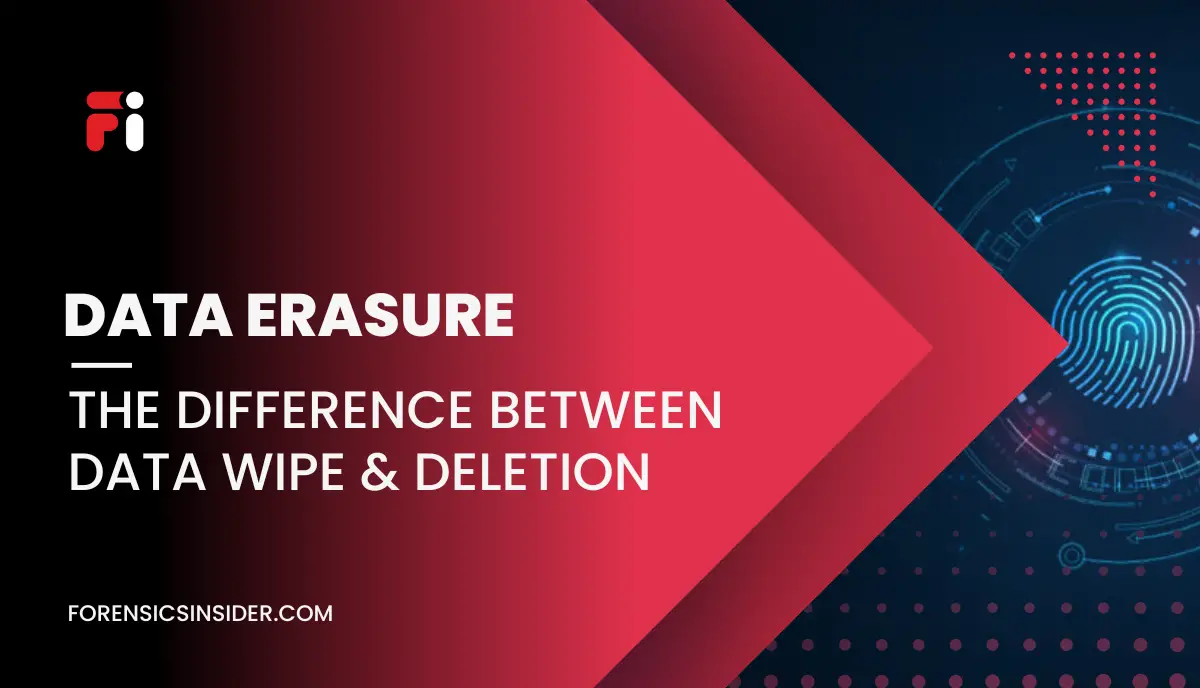Email communication has become an integral part of our personal and professional lives. In legal cases, internal investigations, and cybercrime incidents, emails often contain crucial evidence. To effectively extract and analyze this evidence, professionals rely on specialized email forensics tools. In this article, we will explore the top 12 best email forensic tools available in the market. Additionally, we will answer key questions related to email collection, analysis, and the process of forensic email investigation.
What is Email Forensic?
Email forensics, also known as email investigation or email analysis, is the process of examining and analyzing email communications and associated digital artifacts for legal, investigative, or cybersecurity purposes. It involves the collection, preservation, and analysis of email evidence to uncover valuable information, establish facts, and support legal proceedings or investigations.
Email forensics aims to extract relevant data from emails, including headers, content, attachments, and metadata, such as sender and recipient information, timestamps, IP addresses, and email routing details. The analysis of this data can provide insights into the origin, authenticity, and content of email communications.
Best Email Forensic Tool!
Determining the “best” email forensic tool depends on various factors such as specific requirements, budget, and personal preferences. However, here are some widely recognized and highly regarded email forensic tools:
- MailXaminer
- 4n6 Email Forensics Wizard
- Aid4Mail Forensic
- MailPro+
- Sintelix
- Stellar Email Forensic
- MxToolBox
- EnCase Forensic
- Autopsy
- SIFT
- Volatility
- Wireshark
Let’s check them in detail…
1. MailXaminer
MailXaminer is a comprehensive email forensics software that offers powerful features for investigations. It enables professionals to analyze email headers, search for specific keywords, recover deleted emails, and extract email artifacts. Additionally, With its advanced search capabilities and customizable reporting options, MailXaminer simplifies the process of email forensics investigation and analysis.
2. 4n6 Email Forensics Wizard
The 4n6 Email Forensics Wizard is a reliable tool specifically designed for email analysis and recovery. It excels in recovering deleted emails, extracting attachments, and analyzing email artifacts. With its ability to parse multiple email file formats and extract metadata, the tool assists investigators in uncovering valuable evidence.
3. Aid4Mail Forensic
Aid4Mail Forensic is a versatile email forensics tool known for its powerful email conversion capabilities. It supports various email formats, making it easy to convert and analyze emails from different sources. Additionally, Aid4Mail Forensic offers features for email analysis, filtering, and keyword searching, providing investigators with valuable insights.
4. MailPro+
MailPro+ is a feature-rich email forensics software that covers a wide range of investigation needs. It includes email parsing, extraction, and analysis features. Additionally, With its email recovery options, advanced search capabilities, and detailed reporting, MailPro+ assists investigators in conducting thorough email forensics analysis.
5. Sintelix
Sintelix is an advanced text analytics tool that proves invaluable in email forensics investigations. Its sophisticated algorithms enable the extraction of entities, sentiment analysis, and relationship mapping from email text. Additionally, With Sintelix, investigators can identify key information, patterns, and connections within email communications.
6. Stellar Email Forensic
Stellar Email Forensic is a trusted tool for email recovery, search, and export. It aids in the retrieval of lost or deleted emails, assists in keyword-based searches, and facilitates the extraction of email metadata. Additionally, With its capabilities for email forensics investigation and analysis, Stellar Email Forensic is a go-to choice for professionals in the field.
7. MxToolBox
MxToolBox is a versatile tool that plays a crucial role in email forensics. It offers features for email header analysis and blacklist monitoring, allowing investigators to trace the origins of suspicious emails and identify potential sources of spam or phishing attempts. MxToolBox’s delivery analysis and investigation utilities further assist in uncovering email-related anomalies.
8. EnCase Forensic
EnCase Forensic is a widely used tool in digital forensics, including email investigations. Additionally, With its email artifact extraction and analysis capabilities, EnCase Forensic enables investigators to examine email content, attachments, and metadata. Its features for metadata recovery, email tracking, and comprehensive reporting enhance the efficiency of email forensics processes.
9. Autopsy
Autopsy is an open-source digital forensics platform that includes robust features for email forensics analysis. Its email keyword search, metadata analysis, and visualization tools simplify the identification and extraction of relevant email evidence. Additionally, Autopsy facilitates email timeline generation and attachment examination, providing valuable insights for investigators.
10. SIFT
SIFT (SANS Investigative Forensic Toolkit) is another powerful open-source tool widely used in digital investigations, including email forensics. With its email analysis, recovery, and decryption capabilities, SIFT helps investigators examine email artifacts, conduct searches, and create timelines. It is a preferred choice for forensic professionals due to its comprehensive set of features.
11. Volatility
Volatility is primarily known for its memory analysis capabilities, but it also plays a significant role in email forensics. Investigators can use Volatility to extract email artifacts from memory dumps, providing insights into email headers, attachments, and network activity. By analyzing volatile memory, Volatility offers a unique perspective on email-related evidence.
12. Wireshark
Wireshark is a widely recognized network protocol analyzer that is essential for network-level email forensics. It captures and analyzes email-related network traffic, allowing investigators to examine email protocols, headers, and attachments in transit. Additionally, Wireshark’s utilities are invaluable in identifying email-related security breaches, analyzing email transfer, and uncovering potential threats.
Answering FAQs
How Do You Collect Emails for Evidence For Forensic?
Emails for evidence can be collected through legally authorized means, such as obtaining consent, search warrants, or subpoenas. Emails can be collected from mail servers, individual devices, cloud storage, or backup systems.
What is An Best Email Analysis Tool for Forensic?
An email analysis tool is software specifically designed for the examination and analysis of emails. It assists in recovering deleted emails, parsing email data, extracting metadata, searching for keywords, and identifying patterns or relationships within email communications.
What Best Tools are Used for Email Forensic Analysis?
The tools commonly used for email forensic analysis include MailXaminer, 4n6 Email Forensics Wizard, Aid4Mail Forensic, MailPro+, Sintelix, Stellar Email Forensic, MxToolBox, EnCase Forensic, Autopsy, SIFT, Volatility, and Wireshark. These tools offer various features for email recovery, analysis, metadata extraction, keyword searching, and reporting.
Which is the Best Tool for Forensics?
The selection of the best tool depends on the specific requirements of the investigation. Each tool has its unique features and strengths. MailXaminer, EnCase Forensic, and Autopsy are widely regarded as top choices due to their comprehensive features and capabilities.
How Do You Perform Forensic Email Analysis?
Forensic email analysis involves collecting emails using legally authorized means, preserving email evidence, extracting metadata and attachments, analyzing email headers and content, searching for keywords or patterns, and creating detailed reports of findings. Specialized email forensics tools are utilized throughout the process.
How is Best Forensic Email Analysis Conducted?
Forensic email analysis is conducted by utilizing specialized tools and following a systematic approach. The process typically involves identifying and preserving email evidence, extracting relevant metadata and attachments, analyzing email headers and content, conducting keyword searches, and correlating findings with the investigation’s objectives. The collected evidence is then documented in a comprehensive report.
Conclusion
Email forensics plays a crucial role in investigations, legal proceedings, and cybersecurity incidents. To ensure efficient and accurate analysis of email evidence, it is essential to utilize the right tools. The top 12 email forensics tools discussed in this article, including MailXaminer, 4n6 Email Forensics Wizard, Aid4Mail Forensic, and EnCase Forensic, offer powerful features for email collection, analysis, and investigation. By incorporating these tools into your email forensics workflow, you can enhance the efficiency and effectiveness of your investigations, ultimately leading to better outcomes.






One thought on “Top 12 Best Email Forensic Tools for Efficient Investigation and Analysis”
What an entertaining phrase